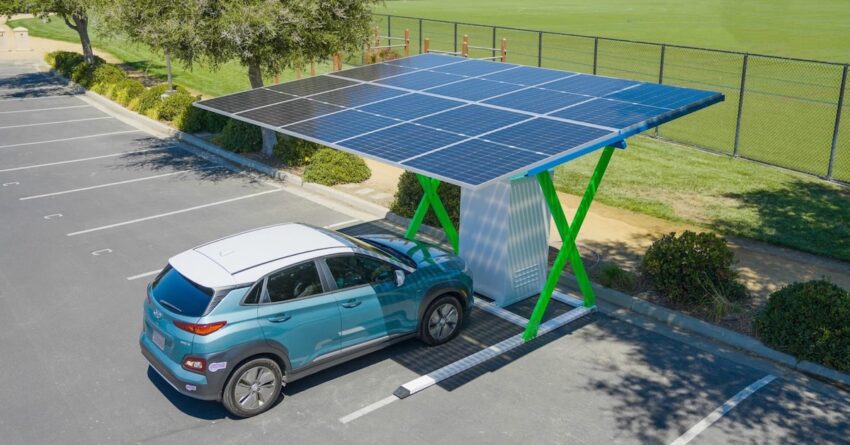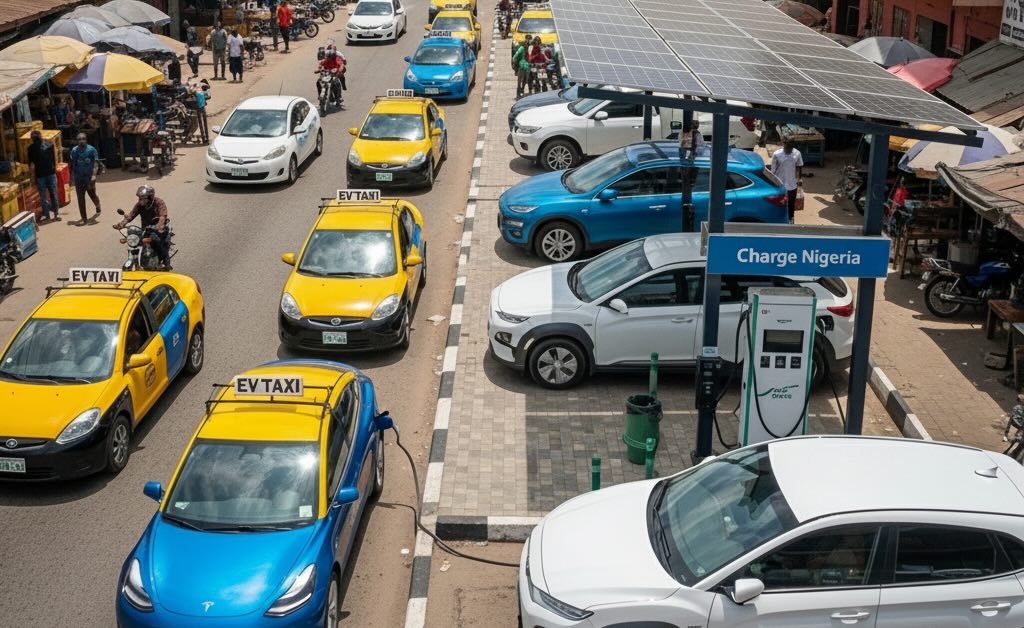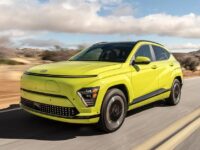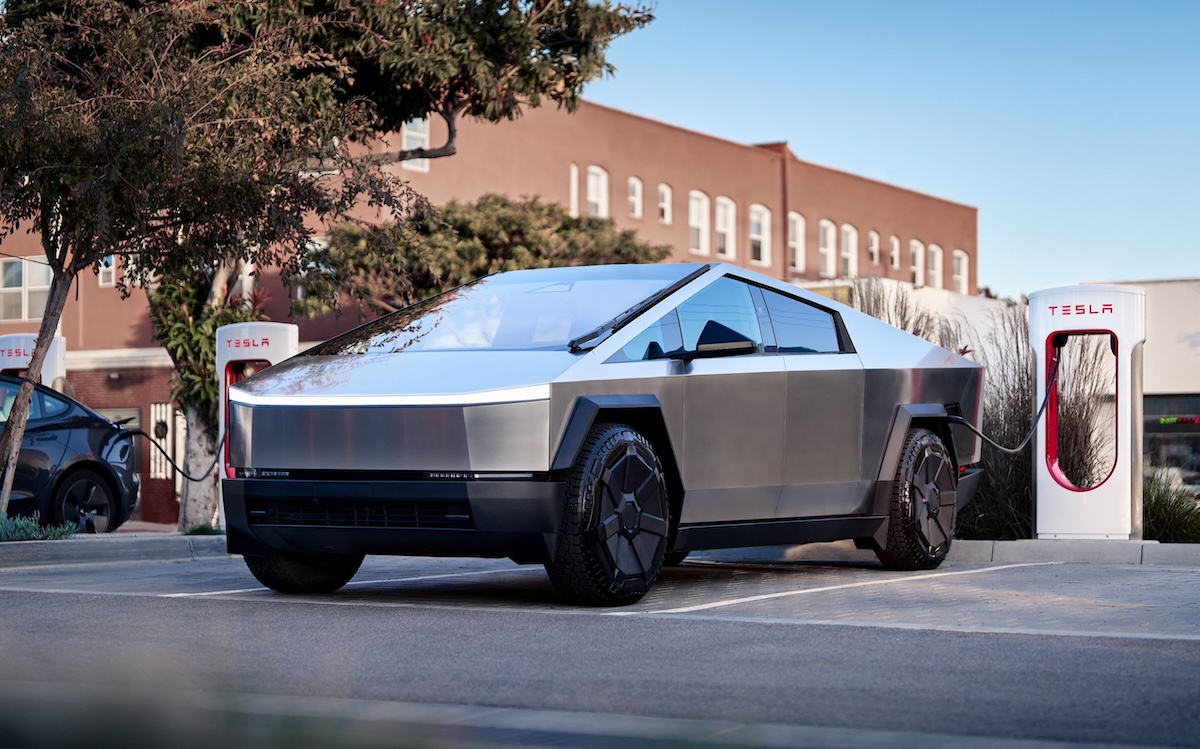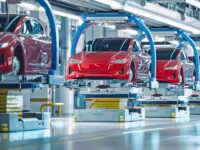Africa stands at the crossroads of a green revolution. With a rapidly growing population and increasing urbanization, the continent’s transportation sector is under pressure to evolve sustainably. Electric vehicles (EVs) offer a promising path forward, reducing reliance on fossil fuels and cutting emissions. However, challenges like unreliable electricity grids and limited access to power have slowed their uptake. Africa’s abundant sunshine is not just a natural resource but a game-changer in making EVs viable. By powering charging infrastructure independently of shaky grids, solar energy is paving the way for faster EV adoption across the continent.
The Challenges Hindering EV Growth in Africa
EV adoption in Africa remains nascent, with barriers rooted in infrastructure and energy supply. Many regions suffer from frequent power outages and low electrification rates; over 600 million people lack access to electricity. Traditional grid-dependent charging stations simply aren’t feasible in rural or underserved areas, leading to “range anxiety” for potential EV owners. High upfront costs for vehicles and charging setups further complicate matters, especially in economies where fuel prices fluctuate wildly.
Despite these hurdles, Africa’s EV market is projected to grow significantly. For instance, countries like Morocco anticipate a 24% compound annual growth rate (CAGR) in EV sales from 2024 to 2030, while Nigeria eyes 30% adoption by 2035. But without reliable power, these ambitions could stall. Solar energy addresses this by enabling off-grid and hybrid solutions, making charging accessible even in remote locations.
How Solar Power Solves the Puzzle
Africa receives some of the world’s highest solar irradiation levels, with potential to generate thousands of gigawatts from renewables. Solar-powered EV charging stations leverage this by operating independently or supplementing the grid, reducing strain on existing infrastructure. These stations use photovoltaic panels to capture sunlight, store energy in batteries, and deliver it to EVs often faster and cleaner than traditional methods.
One innovative approach is battery swapping, where depleted batteries are exchanged for charged ones in minutes, bypassing long charging times. In South Africa, a proposed system integrates solar and wind power to support 50-200 daily swaps, with investors potentially recovering costs in under six years. This model is already in use for electric motorbikes in countries like Kenya, Uganda, Rwanda, and Nigeria. By pairing EVs with solar, adoption accelerates in sub-Saharan Africa, aligning with sustainable development goals like affordable clean energy and climate action.
Integrating solar power with EV charging infrastructure offers a powerful synergy:
- Sustainable and Decentralized Charging: Solar-powered charging stations can be deployed in remote areas, independent of the national grid. This means EVs can be charged even in communities with limited or no grid access, expanding the reach of electric mobility significantly. Imagine solar carports in rural towns, providing clean energy for local electric tuk-tuks or delivery vans.
- Reduced Reliance on Fossil Fuels: By harnessing the sun’s energy, EVs can be powered by truly green electricity. This maximizes their environmental benefits, ensuring that the transition to electric transport genuinely contributes to decarbonization efforts across the continent. It’s not just about cleaner vehicles; it’s about a cleaner energy ecosystem.
- Cost-Effectiveness and Energy Independence: While the initial investment in solar infrastructure might seem substantial, the long-term operational costs are significantly lower compared to relying on grid electricity, especially in areas with high tariffs or frequent outages. This provides greater energy independence for individuals and businesses, shielding them from fluctuating fuel and electricity prices.
- Job Creation and Economic Growth: The development and deployment of solar-powered charging infrastructure will stimulate local economies, creating jobs in installation, maintenance, and related services. It fosters a new green industry, attracting investment and promoting skill development.
Realizing the Vision: Practical Applications
Several initiatives are already demonstrating the potential of this synergy:
- Solar-Powered Charging Hubs: Imagine strategically located charging hubs equipped with solar panels and battery storage. These hubs could serve as critical nodes for EV drivers, offering reliable and clean power.
- Off-Grid EV Fleets: For businesses operating vehicle fleets in areas with unreliable grids, solar-powered charging solutions are a natural fit. Delivery services, public transport, and even agricultural vehicles could benefit immensely.
- Residential Solar Integration: As solar power becomes more accessible for homes, individuals can charge their EVs using their own rooftop solar installations, further reducing their carbon footprint and electricity bills.
Overcoming Challenges and Paving the Way Forward
While the potential is immense, there are challenges to address. Initial investment costs for solar infrastructure, battery storage, and smart charging systems can be high. Policy support, incentives, and financing mechanisms are crucial to accelerate adoption. Furthermore, local manufacturing of EV components and solar technology can further reduce costs and create a self-sustaining ecosystem.
The Road Ahead: A Brighter, Greener Africa
The convergence of solar power and electric vehicles presents a transformative opportunity for Africa. It’s a chance to leapfrog traditional fossil-fuel-dependent development paths, creating a future that is sustainable, economically vibrant, and environmentally responsible. By embracing the power of the sun, Africa can not only accelerate EV adoption but also illuminate a brighter, greener future for generations to come.
